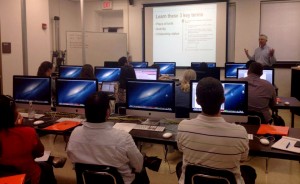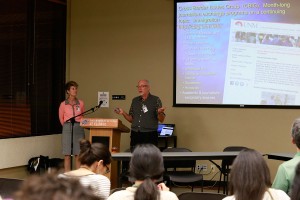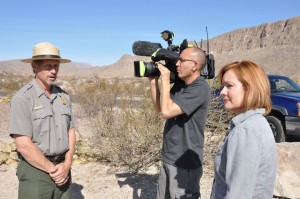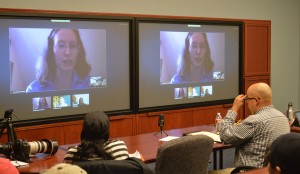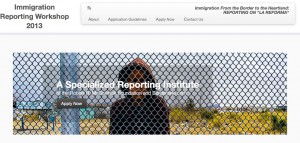Felony deportations decline as ICE officers resist former chief’s 2010 directive
|
Editor’s note: This story was previously published on the Chicago Reporter. In 2010, the head of the U.S. Immigration and Customs Enforcement agency told his staff to focus on deporting the most dangerous and violent undocumented immigrants. But an investigation by The Chicago Reporter found little change in the percentage of these deportations since then—nationally and in the agency’s Midwest region, which includes Chicago. John Morton, who stepped down as director of the agency this past summer, issued the directive in a June 30, 2010 memo. Yet between 2010 and 2012, the number of people removed from the country who committed a serious felony or violent crime—what officials call the “priority 1” category—actually decreased slightly from 9.5 to 8.7 percent, according to the Immigration and Customs Enforcement data analyzed by the Reporter.

